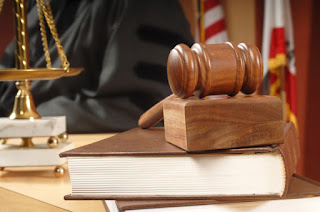There are laws in each state which balances the Right to Privacy of every individual. Even if any media or newspaper seeks the privacy of anyone’s life, then they will be the charge for the invasion of privacy.
There are four types of Privacy Torts
1. Intrusion
This is the first type of Invasion of Privacy. This occurs when someone enters or spreads into another person’s private life. This includes a person recording the private conversation of another person’s that too without his/her knowledge, trespassing to another person’s property and taking photographs without his/her consent, and this counts as violating someone’s Right to Solitude. Even, news sources like Media have to be careful about the privacy of another person. If they intrude to the private life of public figures then they will be sued for invasion of privacy.
Read Also – New laws in India
2. Public Disclosure
It is the second type of Private Torts. This occurs when a person publishes embarrassing, hurtful, and offensive facts about another person’s life. If the media brings the private facts of the high-profile person to know of the public, then that person may sue them for the invasion of privacy. The media source may find guilty by the Court for Invasion of Privacy depending upon how they (Media) have obtained the information.
3. False Light
It is the third type of Private Torts. This occurs when a person produces the false statement or depicts the things in a false manner about another person. For Example, A writer distorts, embellishes or fictionalizes a story; he can characterize some random person in a way that perverts the truth. Defamation and false light publication are two completely different things. A person can fictionalize some random person or a known person in a story but without any malicious intention.
See more: Right to privacy
4. Appropriation
It is the fourth and last type of Private Torts. This occurs when someone uses the person’s image or name for the unauthorized commercial use that too without his/her consent, knowledge, and approval. For Example, A company cannot use the name or image of the celebrity for endorsement of a product without his/her consent. Photographs and images used in a news channel or newspaper, images and pictures of any incidental references used in the books and films, the Court will not consider them an appropriation. But if the media is using a person’s name, even only the part of his name without his/her approval and consent, then he/she may sue the media for invasion of privacy.

No comments:
Post a Comment